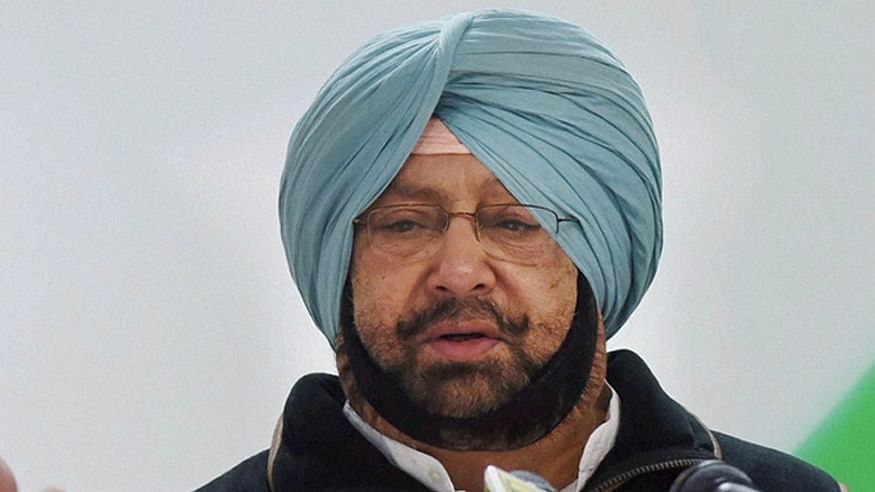
Don't protest in Punjab, move to Delhi: Amarinder Singh tells farmers

Punjab Chief Minister Amarinder Singh, on Monday (September 13), expressed his frustration at the farmers’ ongoing protest against Centre’s three contentious farm laws, saying that it was adversely affecting the state’s financial health.
The 10-month-old farmers’ agitation has not been without consequences. Punjab, along with Haryana and parts of Uttar Pradesh, has been the hotbed of the nationwide stir which has taken the Modi government head on.
Amarinder bluntly asked the protesters to take the fight with the Union government to New Delhi and keep Punjab out of it. “If you want to build pressure on the Union government, then shift your protest to Delhi. Do not disturb Punjab with your protests,” he said at a public function at Mukhliana village in Hoshiarpur district.
While making it clear that he was with the protesters in principle, the Punjab CM said that his government increased sugarcane prices for growers.
A day before, Punjab Congress president Navjot Singh Sidhu shot a letter to the Chief Minister, drawing his attention to the 32 demands of protesting farmers.
Also read: Understanding the new farm laws and farmer protests in India
Sidhu wrote: “They [the farmers] demand the cancellation of unjust and unfair FIRs registered against the unions due to cases of violence during the agitation in the state. The Congress Party has supported the farmers in every endeavour since the beginning of the agitation and our government has facilitated the protesting farmers by providing maximum support to their protests against the three black laws and for the legalisation of MSP. Yet, some FIRs have been registered due to untoward incidents and the government could set up a mechanism to consider each case on compassionate grounds and cancel all the unfair cases.”
Farmers fear the three farm laws are against their long-term interests and will give away their lands to corporates.
The first of the three Acts, the Farmers’ Produce Trade and Commerce (Promotion and Facilitation) Bill, 2020, wrests control away from states by limiting APMC oversight and jurisdiction to the APMC “market yard”, while also, under federal control, allowing agricultural produce transactions to take place in a “trade area” and providing a “facilitative framework for electronic trading”.
The second Act, the Essential Commodities (Amendment) Bill, 2020, amends a preexisting Act that allowed the Centre and the states to impose stocking limits on private traders to prevent hoarding and market manipulation. The new amendment removes some of these restrictions, which can now be deployed only in “exceptional circumstances”. This easing has been welcomed especially by large businesses who had found those restrictions constraining.
The third Act, the Farmers (Empowerment and Protection) Agreement on Price Assurance and Farm Services Bill, 2020, allows “sponsors” to engage with farmers via written contracts and frees downstream players in the supply chain from state APMC regulations by permitting them to operate outside the purview of any “State Act” or of the 1955 Essential Commodities Act (II.7.1 & 2).


